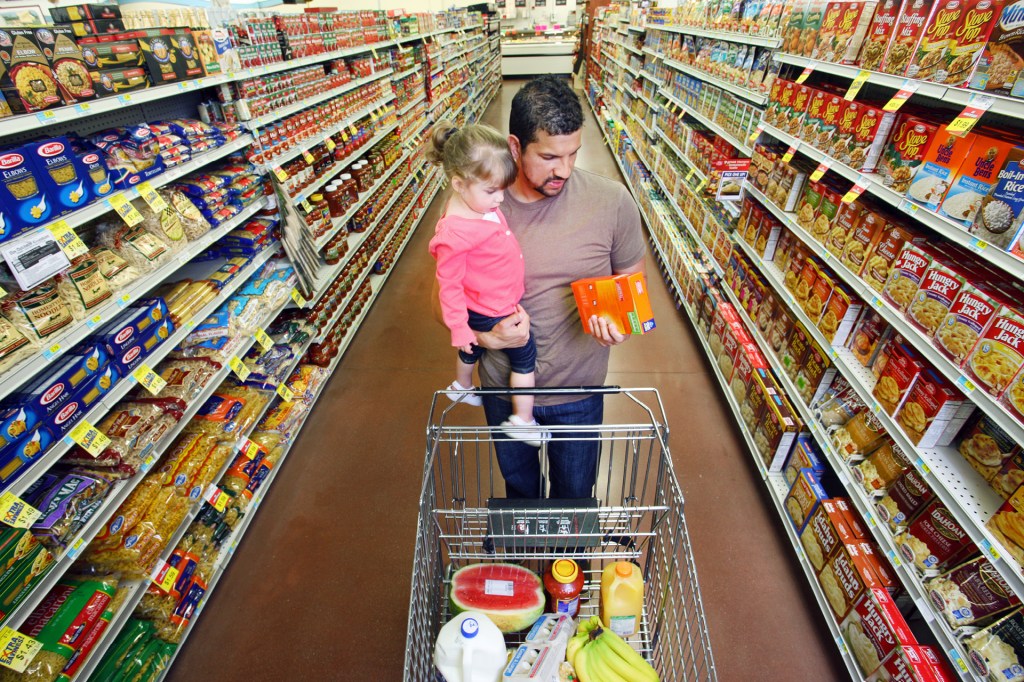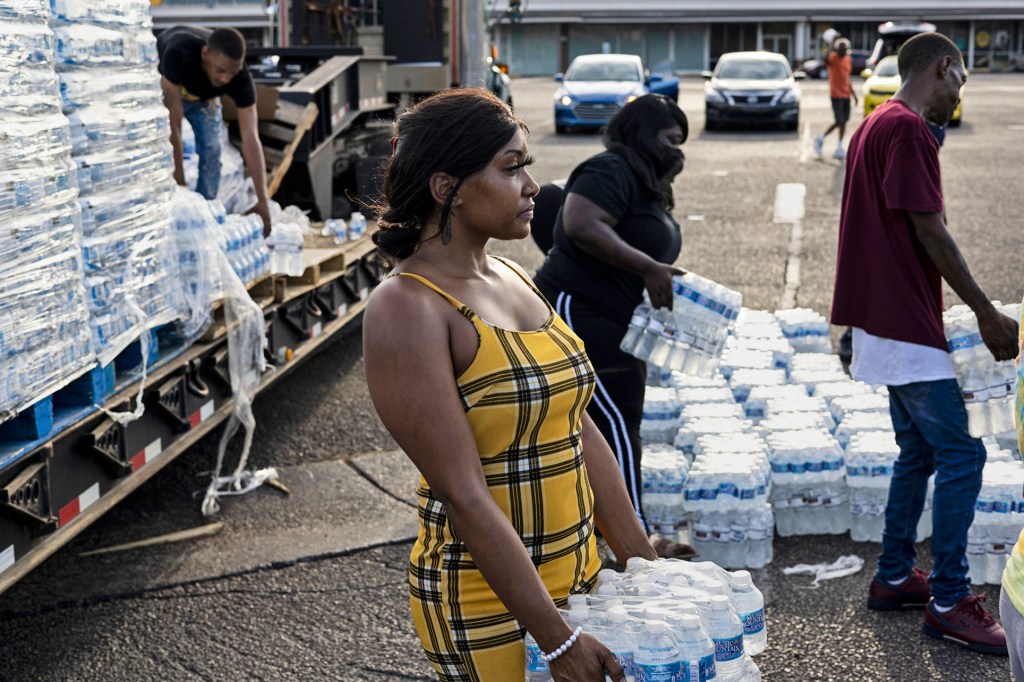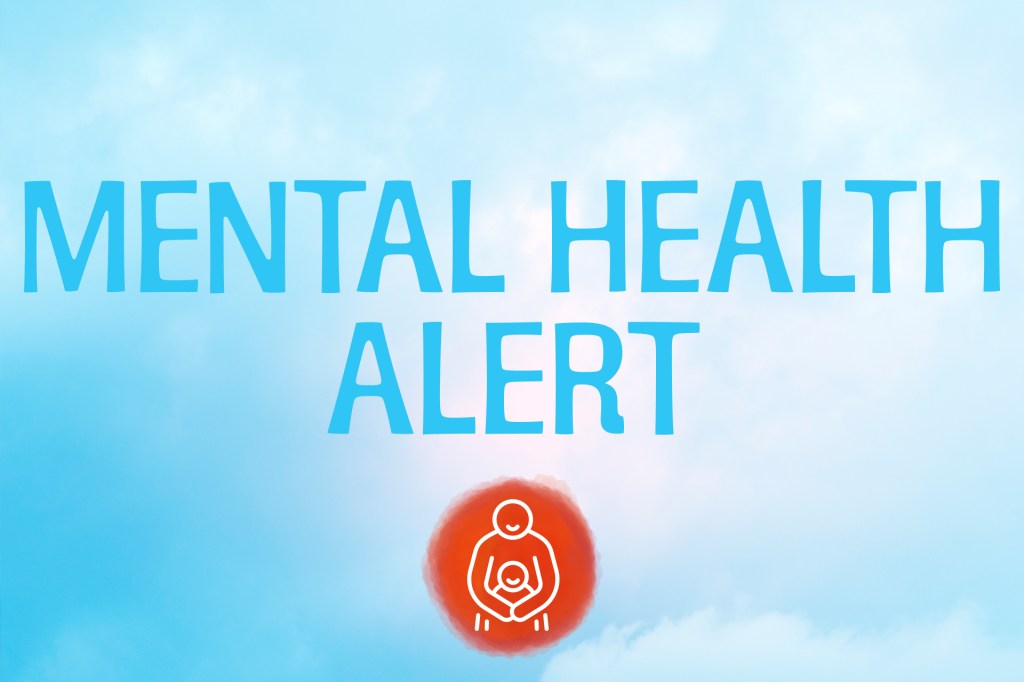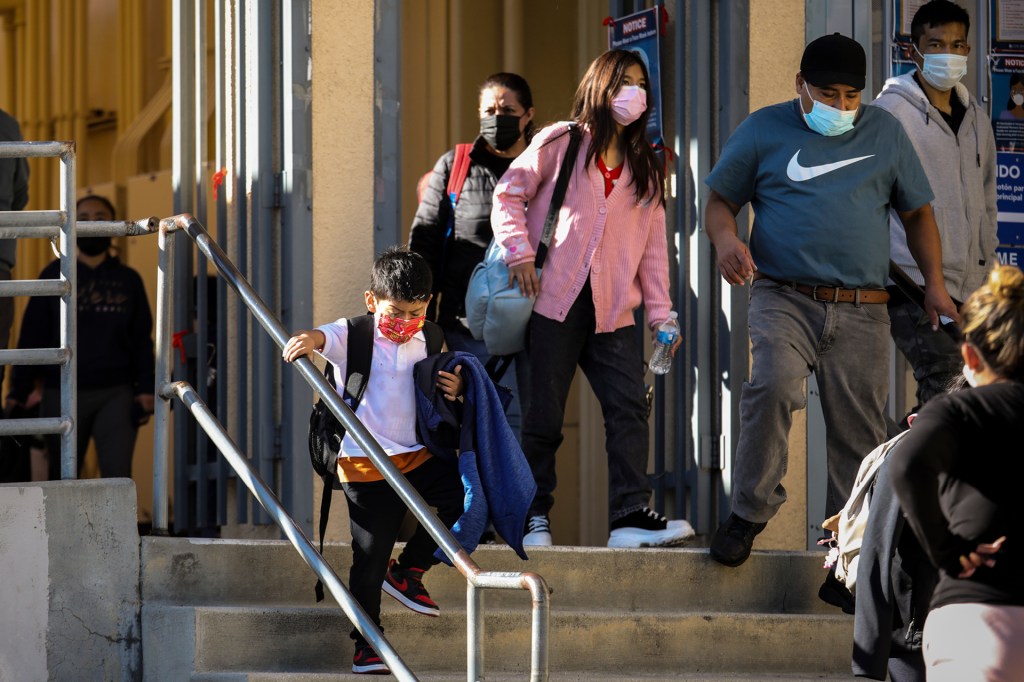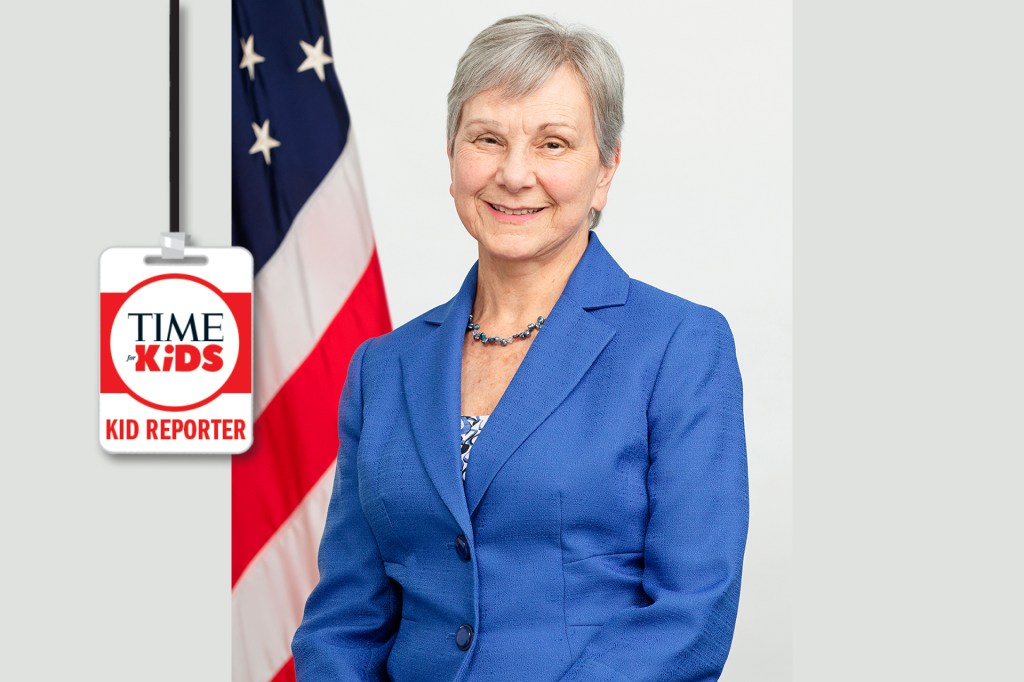
On October 29, the United States Food and Drug Administration (FDA) authorized emergency use of the Pfizer COVID-19 vaccine for children 5 to 11 years old. Kids across the U.S. are already getting their first dose.
I spoke with Dr. Janet Woodcock, the acting commissioner of the FDA. She’s responsible for making sure everything at the FDA runs smoothly as the agency tests the safety and effectiveness of vaccines.
I learned about the COVID-19 vaccine trials for kids and how the FDA studied vaccine safety. We talked about how getting kids vaccinated against COVID-19 could help end the pandemic. And I got to thank Dr. Woodcock for studying and authorizing the COVID-19 vaccine.
Read my questions and Dr. Woodcock’s answers below.
TFK Kid Reporter Via Ryerson:
What are your responsibilities as the acting FDA commissioner?
Dr. Janet Woodcock:
I’m in charge of making sure that everything runs at the FDA correctly. The FDA is in charge of all medical products—like drugs, testing vaccines, blood and biological products—as well as food and cosmetics, feed for animals, and animal medications. So it’s a lot of different activities and different commodities. We make sure they’re safe and that they work.
Via:
So the big news this week is that the FDA authorized emergency use of the Pfizer COVID-19 vaccine for kids 5 to 11. The Centers for Disease Control and Prevention (CDC) then said that shots can begin as early as this week. I’ve waited for months to get vaccinated so this is big news to me and other 5- to 11-year-old kids and their parents. What does it mean that the FDA authorized “emergency use”?
Dr. Woodcock:
“Emergency use” is a special [authority] we have, that Congress provided, for when you have a public health emergency like we do with the pandemic. It’s to get things out quickly, but with the same level of scrutiny, of carefulness, that we would [use] for a regular approval. We looked at the data on the pediatric vaccine. We looked at safety. We looked at the effectiveness. We had an advisory committee meeting and got expert input. And those advisers voted very, very positively that kids this age should get the vaccine.
Via:
What research was needed to figure out if this COVID-19 vaccine was safe for kids?
Dr. Woodcock:
First of all, there was a large number of adults who were given the vaccine or a placebo [a shot with no active medicine in it], to see whether or not it protected against the virus and what side effects occurred. And it was found that it did protect very well against the virus. And that was later moved down to teenagers. But in kids, we needed a lower dose. And so a lower dose was devised. Then that was tested in thousands of kids, compared to a placebo. And it was shown what the side effects were, and that it was over 90% effective in preventing kids 5 to 11 from getting COVID-symptomatic disease.
Via:
The vaccine had to be approved by both the FDA and the CDC. Does the FDA have different priorities for studying the COVID-19 vaccine than the CDC [does]?
Dr. Woodcock:
Well, the FDA and the CDC have different roles. The FDA works with the people who make the vaccine and who develop it and test it. We set the rules for how these experimental products are studied until they’re authorized or approved. And that’s true for medicines, as well. Now, the CDC works on what are called “immunization practices.” And so they're looking at the population as a whole and all the vaccines kids are getting. As you know, kids get a fair number of vaccines to protect them against a wide range of childhood illnesses. And so the CDC works on that.
In this special circumstance where we’re doing this emergency-use authorization, the FDA has a role. We have to authorize. That makes the vaccine available. And then the CDC has to recommend the use. That makes the government able to distribute the vaccine to people.
Via:
Why did the FDA work on approving adult vaccines before approving children's vaccines?
Dr. Woodcock:
That’s a common way to develop vaccines for diseases that affect adults as well as kids. And in this case, adults are the worst-affected by COVID-19. The older you are, the more at risk you are. People in nursing homes and older adults were at the highest risk of hospitalization and even death from the disease. So it made sense to test these vaccines first in the adult population.
But also, remember: Vaccines, unlike many treatments and medicines, are given to healthy people to prevent something. And so for vaccines, it's really important to do no harm, to make sure that these are very safe. Before we go down into the younger age groups, we want to test them in adults and make sure they're safe.
Via:
What side effects should kids expect after getting the first and second doses of the vaccine?
Dr. Woodcock:
The most common side effect you might have is a sore arm right after your shot. Some kids might feel like they have a mild flu. For a day after, they might feel tired, have a little fever and chills, perhaps a headache. Symptoms like that. But usually, these are gone within a day or so.
Via:
What’s the biggest challenge of working on approving the vaccines for kids?
Dr. Woodcock:
It’s challenging to get kid volunteers and do studies in children. Like most people, children don't want to be stuck with needles and have their blood drawn and so forth. But we got trial volunteers, and those kinds of tests were done.
One of the challenges, I think, is that some people are very concerned or hesitant about vaccines and are reluctant to take them. And that's even more common as it comes to children compared to adults. And so you have to really assure yourself of the safety of these, and that you are evaluating them very carefully to make sure you understand what the side effects might be.
Via:
Will getting kids vaccinated against COVID-19 help end the pandemic?
Dr. Woodcock:
Likely that is so. We don't yet know enough about this disease, this virus, to say what we need to do [to end the pandemic]. But we know one thing is to have a large [part] of the population no longer getting sick and going around and spreading the disease. We don’t know yet how much vaccination prevents transmission. People might still acquire the virus and be able to spread it to other people. But we do believe a high level of vaccination will help in this pandemic, and that people should be protected down to young ages.
Via:
Where can kids and families get information about the vaccine?
Dr. Woodcock:
The CDC provides, on their web page, a lot of information for people who want to know about the vaccines. That's a good starting source because it's very reliable. And the FDA also has information that you can look at.
Via:
How will the FDA make sure everyone can get the vaccine?
Dr. Woodcock:
It will be available in pediatricians’ offices and at primary care, for those who have a pediatrician or primary care doctors. But unfortunately, there are a lot of kids who don't have that kind of care. So there will be different clinics and also pharmacies that will be offering vaccination. And there will be other attempts to try to make sure that any kid whose parent or guardian wants to get them vaccinated has an opportunity to [do so].
Via:
Thank you so much for your hard work keeping kids safe during the pandemic, and thank you for studying the vaccine.
Dr. Woodcock:
Most welcome. It's my pleasure to talk to you.
This interview has been edited for length and clarity.





